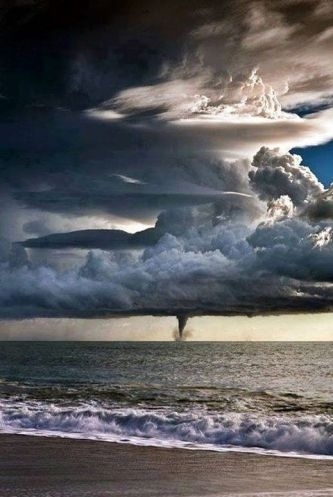
Last week we noted that this psalm is very possibly a continuation of Psalm 9 and perhaps the two were originally one psalm. Certainly there are a number of common themes between the two psalms. The psalm begins with a complaint that echoes the age-old mystery of God’s absence or hiddenness in the face of ever-present evil. “Why do you stand afar off, O Lord? Why do you hide yourself in times of trouble?” (v. 1). Perhaps everyone who has ever trusted in God has had occasion to ask this question. Where is God when things go wrong? Furthermore, the psalm gives no answer to this devastating question, although it does have a response.
The psalmist’s question highlights the dilemma of the person who trusts in God’s universal sovereignty yet sees that sovereignty denied in the reality of earthly affairs. Instead of divine sovereignty, justice and peace, the wicked prosper in their pursuits, and it seems there is no one to hinder their oppression of the vulnerable.
In verses 2-11 the pride, greed and violence of the wicked are portrayed. At the base of their wickedness lies godlessness (vv. 3-4), a practical atheism which lives according to the dictum, “there is no God.” The apparent silence and hiddenness of God has caused the wicked to cast off the remembrance of God and to live as though there is no God. God’s judgements are ‘out of sight, out of mind’ as far as the wicked are concerned (v. 5), and so their mouth is full of cursing and oppression, and their activity is violent and oppressive. The psalmist portrays them as a lion lying in wait to catch its prey, who are described as innocent, unfortunate and afflicted (vv. 8-9).
Verse 12 echoes 9:19: “Arise, O Lord!” This verse, together with verse 15, constitute the primary petition of the psalm. The psalmist calls upon God to “lift up your hand…break the arm of the wicked and the evildoer.” He prays that the wicked would have no more power to afflict, and indeed, that God would so act, that the wicked would be uprooted from the world until there are ‘no more.’ The psalmist implores God to act so that the wicked would no longer think that they will not be brought to account. He implores God to act also on account of the afflicted who depend upon God to be their deliverer and helper.
The psalm finds its climax in verses 16-18 where the psalmist proclaims that the Lord is king forever. The Lord has not abdicated his authority, nor is his sovereignty annulled. He has seen the oppression of the wicked and heard the cry of the afflicted. The Lord will act to judge on behalf of the oppressed.
As in Psalm 9, the psalmist’s hope is that God will arise to defend the cause of the needy and judge the oppressor. In both psalms God’s kingdom is eternal, and his eternal reign is set in contrast to the ephemeral existence of humanity. In both psalms, the longing for justice takes the form of eschatological hope.
Of particular interest in this psalm is the final line (cf. 9:19-20): ‘So that man who is of the earth will no longer cause terror.’ This evocative image suggests an orientation which is often celebrated today; that is, the one who is grounded, earthy, ecologically sensitive, natural and strong. In the psalm, however, it designates something rather different, the kind of secularity for which there is no spirit, no God, no life hereafter, but simply the here and now, bodies and desires, and the will to power.
The psalm is a critique of this kind of life-vision. It suggests that without God and without spirit there will be no enduring justice or peace. It suggests that a godless secularity will issue in a brutal world of violence, abuse and uncaring consumption. The man who is of the earth is one who brings terror into the lives of others.
How valid is this claim? For many today, the origin of terror is precisely those who ‘imagine’ a god: religion is seen as a—if not the—major source of terror, violence and injustice in the world. This assertion is not without some substance, though it is often overstated. Religious zeal has not uncommonly become an oppressive and even terrifying power in the world. To the extent that this is so, it is a ‘religion that is of the earth,’ no matter how exalted its claims, or exuberant its worship.
What is needed is ‘man’ who is not of the earth. This, of course, is the message of the gospel: Jesus Christ is the new ‘man,’ the beginning of a new humanity. The virgin birth of Christ signifies a new beginning, a creative act of God which will ultimately issue in a new creation, a new heavens and a new earth. Those who are in Christ are called to be this new humanity, a people who pray and cry out to God in the face of human injustice and oppression, and who dare to live according to a new vision of justice and peace in communities of hope and care. Such a community insists that might is not right, and so stands against the evil that is in the world, and stands with the afflicted, because it stands in hope of God’s eschatological kingdom: Thy Kingdom come!